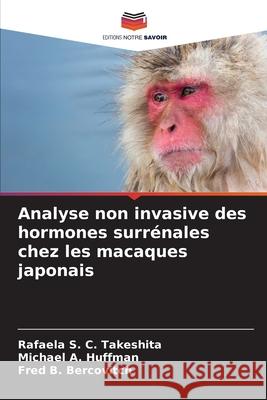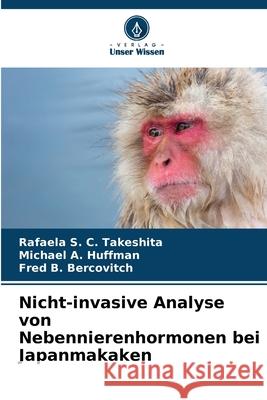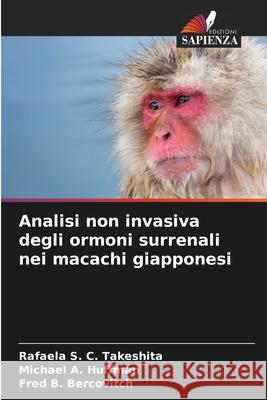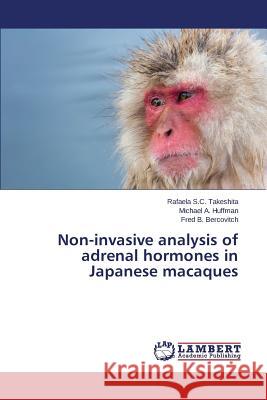topmenu
Wyniki wyszukiwania:
wyszukanych pozycji: 6
 |
Analyse non invasive des hormones surr?nales chez les macaques japonais
ISBN: 9786209316692 / Francuski Termin realizacji zamówienia: ok. 10-14 dni roboczych. |
cena:
245,56 |
 |
An?lise n?o invasiva de hormonas adrenais em macacos japoneses
ISBN: 9786209332050 / Portugalski Termin realizacji zamówienia: ok. 10-14 dni roboczych. |
cena:
245,56 |
 |
Nicht-invasive Analyse von Nebennierenhormonen bei Japanmakaken
ISBN: 9786209303890 / Niemiecki Termin realizacji zamówienia: ok. 10-14 dni roboczych. |
cena:
245,56 |
 |
Nieinwazyjna analiza hormon?w nadnerczy u makak?w japońskich
ISBN: 9786209326936 / Polski Termin realizacji zamówienia: ok. 10-14 dni roboczych. |
cena:
245,56 |
 |
Analisi non invasiva degli ormoni surrenali nei macachi giapponesi
ISBN: 9786209319259 / Włoski Termin realizacji zamówienia: ok. 10-14 dni roboczych. |
cena:
245,56 |
 |
Non-invasive analysis of adrenal hormones in Japanese macaques
ISBN: 9783659745300 / Angielski / Miękka / 2015 / 100 str. Termin realizacji zamówienia: ok. 10-14 dni roboczych. The use of hormones to monitor reproduction and physiological stress in wild animals has attracted considerable interest in primatology. In particular, non-invasive methods of hormone measurement represent an important technological advance for the study of endocrinology in free-ranging and captive primates. In this book, Rafaela Takeshita and collaborators describe the current and most common techniques in this field, and how they can be applied to study the biology and physiology of nonhuman primates. Furthermore, they report two studies involving the analysis of glucocorticoids (GC) and...
The use of hormones to monitor reproduction and physiological stress in wild animals has attracted considerable interest in primatology. In particular...
|
cena:
245,56 |










